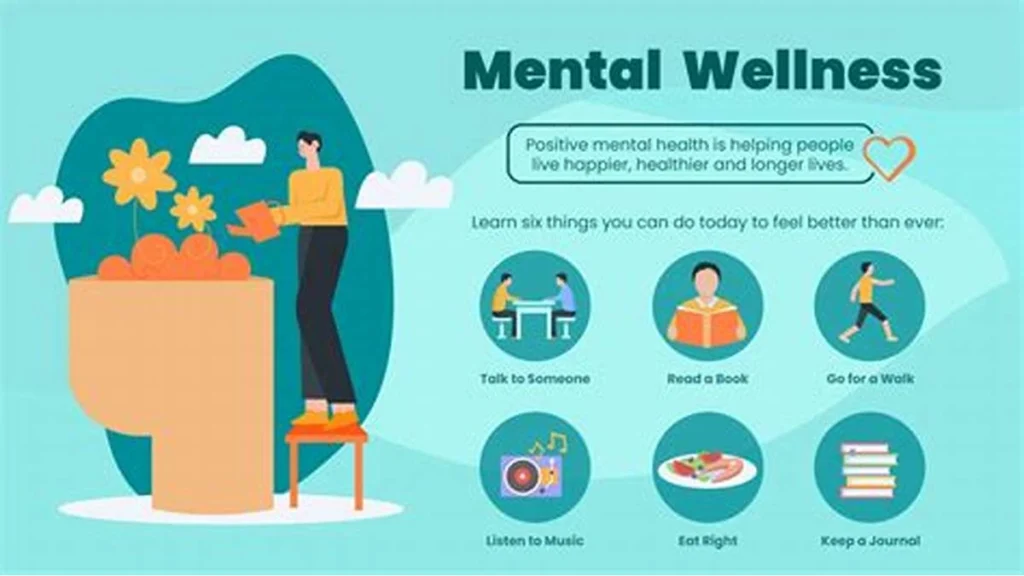The wellness of students is a foundational element of a successful educational experience. As academic pressures mount, the need for comprehensive wellness initiatives becomes increasingly vital. This article highlights effective strategies and programs designed to promote the physical, mental, and emotional well-being of students in higher education.

Understanding Student Wellness
Student wellness encompasses a broad spectrum of health aspects, including mental health, physical fitness, emotional resilience, and social well-being. Prioritizing wellness can lead to:
- Enhanced Academic Performance: Healthy students are more likely to succeed academically.
- Increased Emotional Resilience: Supportive environments help students cope with stress and challenges.
- Stronger Social Connections: Opportunities for engagement foster community and support.
Types of Student Wellness Initiatives
| Initiative Category | Description | Impact |
|---|---|---|
| Mental Health Support | Services, workshops, and outreach programs for mental wellness. | Improves mental health awareness and access to care. |
| Physical Health Programs | Activities promoting exercise and healthy living. | Boosts physical fitness and reduces health issues. |
| Nutritional Support | Programs focusing on healthy eating and nutrition education. | Encourages better dietary choices and health literacy. |
| Mindfulness Practices | Activities aimed at stress reduction and mindfulness training. | Enhances focus and emotional well-being. |
| Social Engagement Opportunities | Events and clubs designed to build community. | Strengthens social networks and peer support. |
Effective Student Wellness Initiatives
1. Mental Health Support
Access to mental health resources is paramount. Institutions can implement:
- Counseling and Therapy Services: Offering professional support for a range of mental health issues.
- Mental Health Awareness Campaigns: Reducing stigma through education and outreach programs.
2. Physical Health Programs
Encouraging physical activity is essential for student wellness. Initiatives may include:
- Fitness Classes and Workshops: Providing diverse options such as dance, cycling, and strength training to engage students.
- Walking and Running Clubs: Promoting social interaction through group fitness activities.
3. Nutritional Support
A balanced diet is crucial for student health. Initiatives could involve:
- Healthy Cooking Classes: Teaching students how to prepare quick, nutritious meals.
- Nutrition Counseling Services: Offering personalized guidance on dietary choices.
4. Mindfulness Practices
Stress management is key to academic success. Programs can include:
- Guided Meditation Sessions: Regularly scheduled meditation and relaxation practices to reduce stress.
- Stress Management Workshops: Equipping students with practical tools to handle academic pressures.
5. Social Engagement Opportunities
Fostering community connection is vital for overall wellness. Institutions can provide:
- Student Organizations and Clubs: Encouraging participation in extracurricular activities to build friendships and networks.
- Cultural Events and Festivals: Celebrating diversity and inclusivity to strengthen campus community ties.
Steps for Implementing Wellness Initiatives
Step 1: Identify Student Needs
Conduct comprehensive surveys and focus groups to determine what wellness resources students desire most.
Step 2: Collaborate with Campus Partners
Work with faculty, health services, and student organizations to develop a multifaceted wellness strategy.
Step 3: Raise Awareness
Use various communication channels—such as social media, emails, and campus bulletins—to promote available wellness resources and events.
Step 4: Monitor and Improve
Regularly evaluate the effectiveness of wellness initiatives through student feedback and participation metrics, adapting programs as needed.
Conclusion
Investing in student wellness initiatives is essential for fostering a vibrant and supportive educational environment. By focusing on mental health, physical fitness, nutrition, mindfulness, and social engagement, institutions can empower students to lead healthier, more balanced lives. As we continue to recognize the importance of student well-being, these initiatives will play a pivotal role in shaping successful and resilient future leaders.
